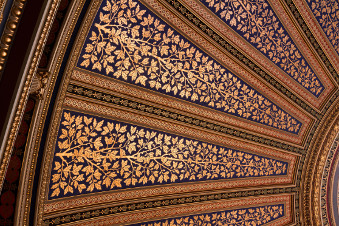Speaker
Description
The IceCube Neutrino Observatory instruments one cubic kilometer of Antarctic
ice with over 5000 optical sensors in order to detect the light produced in
neutrino-nucleon interactions in the ice.
Magnetic monopoles are hypothetical particles with non-zero magnetic charge. A
wide range of masses is theoretically allowed for magnetic monopoles, leading to
a broad allowed speed range for a hypothetical flux of relic monopoles created
shortly after the Big Bang. A magnetic monopole traversing IceCube would produce
optical light through a variety of different mechanisms that depend on the
monopole speed. This light is readily detected by IceCube’s optical modules, and
the large fiducial volume ensures a high effective area for detection. The
different light production mechanisms also result in distinct detection
signatures and therefore require different search methods.
To date, IceCube analyses searching for a cosmic flux of relic magnetic
monopoles cover a large portion of the allowed magnetic monopole parameter
space, and have produced world leading upper limits on the monopole flux. There
are currently several ongoing IceCube searches for magnetic monopoles, and in
this talk I will report on the new approaches and recent results of these
searches.

